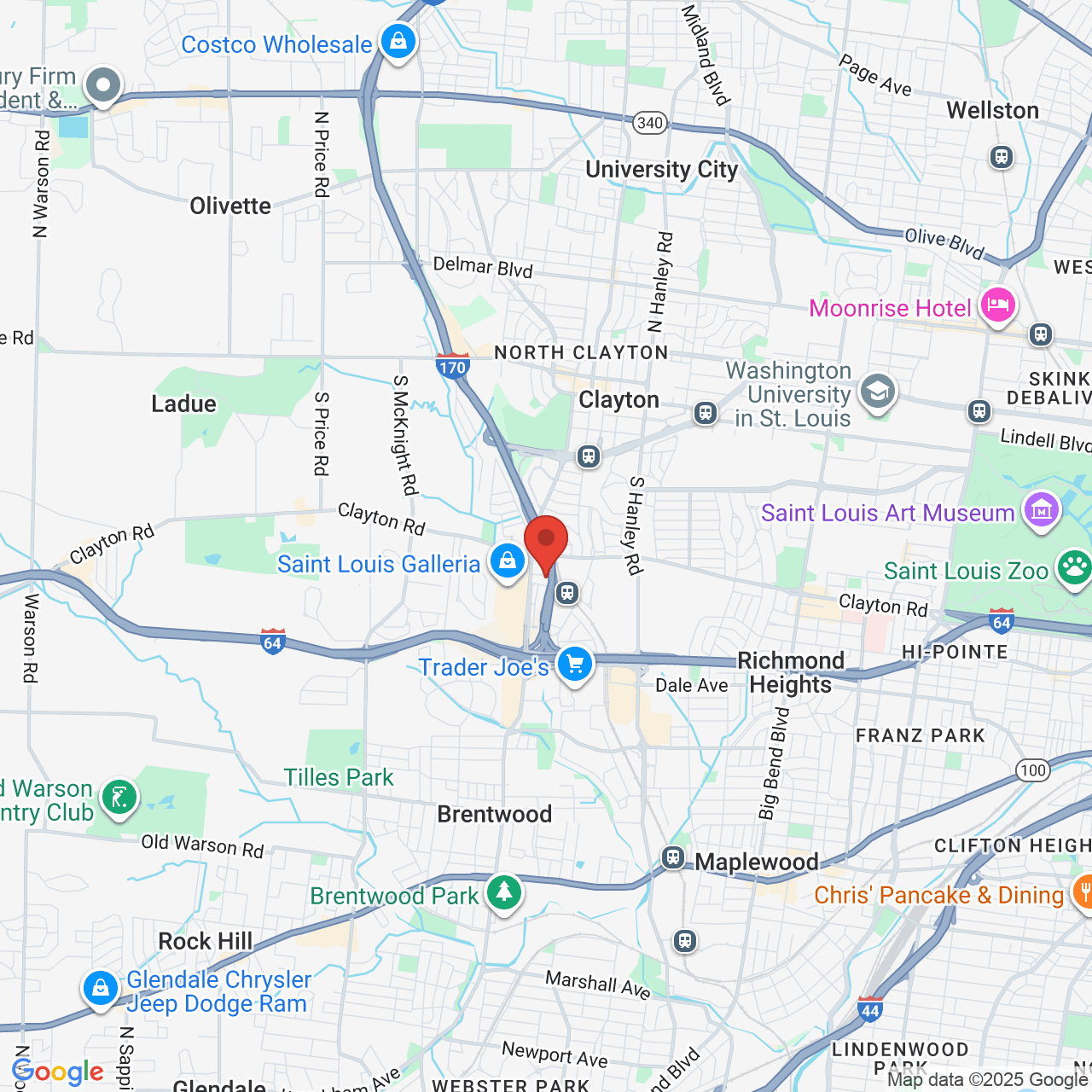TMJ Solutions in St. Louis, MO TMJ Diagnosis and Treatment
If you’re experiencing discomfort or dysfunction in your jaw joint and muscles, you may be suffering from temporomandibular joint disorder (TMJ). At Smile On Dental Studio in St. Louis, MO, Dr. Chris Hill is equipped with cutting-edge technology to diagnose and treat TMJ, ensuring precise and effective relief.

Relieve Your TMJ Symptoms Today
Frequently Asked Questions
What are common symptoms of TMJ disorder?
Symptoms include jaw pain, difficulty chewing, clicking or popping sounds when opening the mouth, and occasionally headaches or ear pain.
How long does TMJ treatment take?
The duration of TMJ treatment can vary depending on the severity of the condition and the treatment approach. Dr. Hill will provide an estimated timeline during your consultation.
Is TMJ treatment painful?
Most TMJ treatments are not painful and focus on gradually alleviating discomfort. Any concerns about pain can be addressed during your consultation.
Schedule Your TMJ Consultation in St. Louis!
If you’re experiencing symptoms of TMJ disorder, take the first step towards relief by contacting Smile On Dental Studio. Call us at 314-862-7007 or email us to schedule a consultation with Dr. Chris Hill and learn more about our tailored TMJ treatment options.








